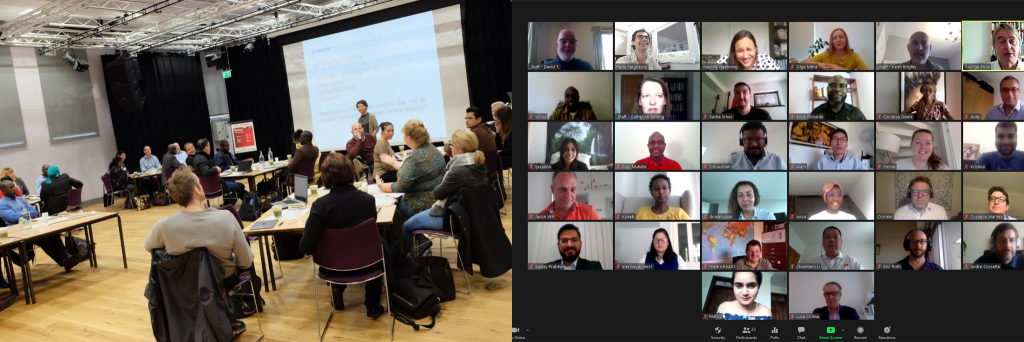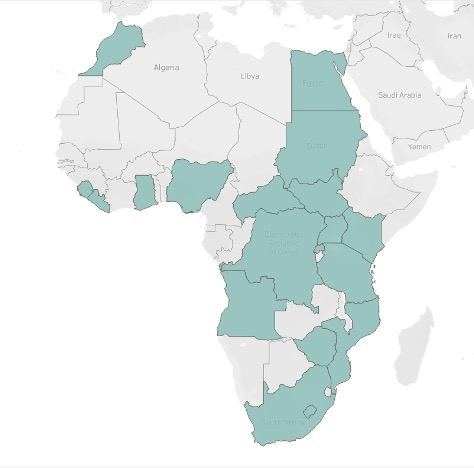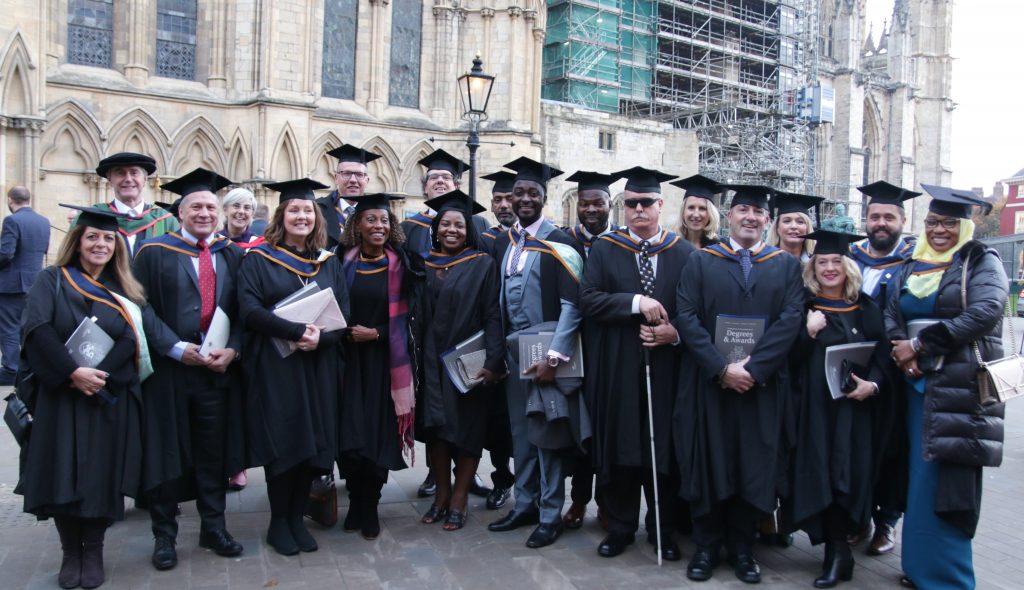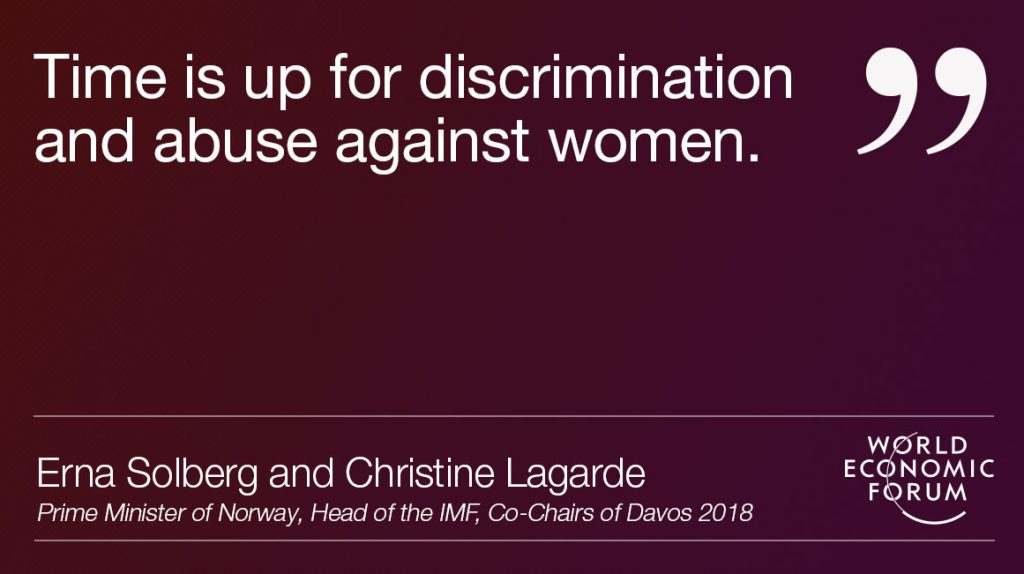Ever wondered why we tend to say “yes” to people when we really don’t want to? Blame it on human psychology or human beings being social animals. We find it extremely difficult to say no to anyone.
We adore attention and feel gratified when others admire us, trust and look up to us. But when this takes the form of constant requests and more work for yourself, you detest being the go-to person. People want to say yes because they are afraid, afraid to disappoint others. We feel personally responsible for letting others down if we decline their proposition or their request for help. During these troubled times, with businesses being in jeopardy, everyone is overwhelmed, constantly working, and juggling work and relationships. Everyone is over-extended, and it is not the best soil to grow ideas or make sound business decisions.

What begins as an intent to help becomes a bad “yes” – simply because you do not have the productive capacity or knowledge to complete the task. Such a “yes” is bound for failure. When there is so much asking around in an organisation and collaborative overload, one should focus on moving to good yesses and good nos to avoid failures.
How to say No?
You have decided that you are going to turn down someone’s request to undertake a task. Now comes the even more difficult part: actually saying “no”! How do you effectively communicate your decision?
Begin with a positive statement by appreciating the opportunity extended your way, that you were considered worthy enough to do justice to the job. But present your “but” in a way that shows you have carefully considered the proposition and convey the “why” of your decision. Let them realise that you did not decide to say no lightly, that the “no” was not because you are lazy, un-zealous to learn, or simply being difficult.
Saying no can be an onerous process but trust me, it will prove to be more productive for yourself and the business. Base your decision on this checklist:
1. Do not let fear decide
If you fear that saying “no” will stress your work relationship, remember that saying “yes” when you cannot deliver the results will stress you and the relationship even more. If the working relationship turns sour just because you said “no”, then it was never meant to be. Let it go.

2. Evaluate the proposition
I know from personal experience when we are new to an organisation or a job, we are eager to learn because knowledge is power. Gain that power but keeping in view the quality you are gaining. Ask yourself what ‘value addition’ can you get from this task. Ask questions such as why, when, and what is needed for the task. Doing due diligence on someone’s request is respecting them and yourself.
3. Remember what you want to be known for
What may seem like an opportunity to learn for you could become an opportunity for others to learn a thing or two about you. When you say “no”, back it up with legitimate and fair reasons, tell them why the proposition is not worth your time or effort or simply that you do not have that kind of time to invest in this project. You already have enough on your plate. When the other person: your boss, your client, your colleague, hears your side of the story, they will understand your situation, and you will become known for your work ethics and values. You will be known for authenticity and for being a good decision-maker. Everyone will respect your decision when you say “no” the next time because they will know there is a genuine reason behind it, and it’s just not a lack of interest or laziness involved. They will even bring better propositions to you that you will find difficult to turn down. They will try to please you and not the other way round.

4. Deliver results
The only consideration that should drive your professional decisions should be results. When you say “yes” to someone’s request, you commit to executing and delivering results. You do not want to be in a position where you realise later that either you cannot, are not allowed to, or should not do so. Do not bite more than you can chew. Do not be hard on yourself thinking that you are being difficult. Convey that you are making a good business decision.
5. Provide options
While it is not easy to say “no” to someone who had high hopes on your saying “yes” and was relying on you for completing the task, remember that people come to you because you are a problem-solver and are resourceful. If you cannot do the job yourself, give them other options on how to complete the job or provide solutions to resolve the issue. It will save your time and help build trust with team members that learnt something valuable when they approached you.
You can also choose to defer the project instead of completely shutting it down. Offer them a plan where you can join the team at a later stage and be more valuable once the project’s gone past its conception stage.
6. Don’t be afraid to say the ‘C’ word
The majority of the time, bosses try to use influence to get things done. Little do they realise that when they use power, they lose influence.

Every employer has a budget, and the more he can get done without expending his budget, the better (the lesser the merrier, in this case). This is one of the most frustrating and de-motivating situations when you are asked to deliver more results and but are not “C”ompensated for that extra work. You might say “yes” to the extra load now and then, just to be nice or on the pretext of learning something new, or simply because the boss asked you to do so, but this will eventually burn you out. Be firm to tell the work is simply beyond your pay scale and justifies an extra dollar or two.
It is a misconception that you must be a “Yes Man” or a “Yes Woman” to be successful and boost your career. Remember Jim Carrey’s movie – Yes Man? The film is a classic story where the protagonist is encouraged and made to promise to answer “Yes!” to every opportunity, request, or invitation that presents itself. After a series of interesting events in his life, he realises that the covenant was merely a starting point to open his mind to other possibilities, not to permanently take away his ability to say no if he needed to.
So, are you the go-to person at your workplace? Do you always end up saying yes? How do you strategically say no?

























